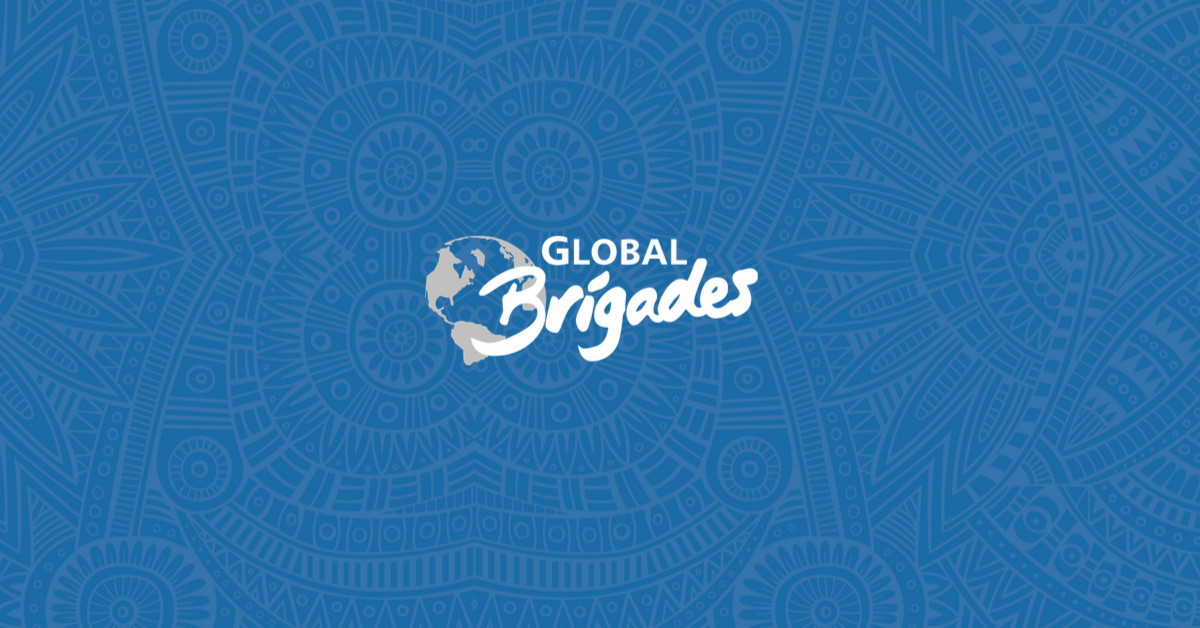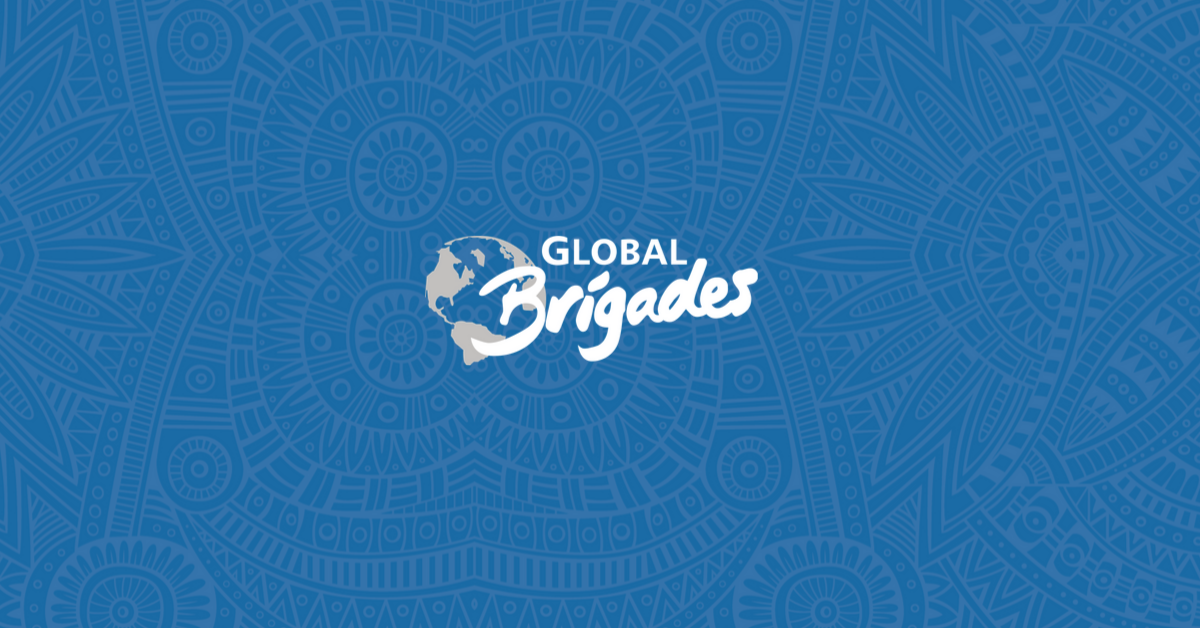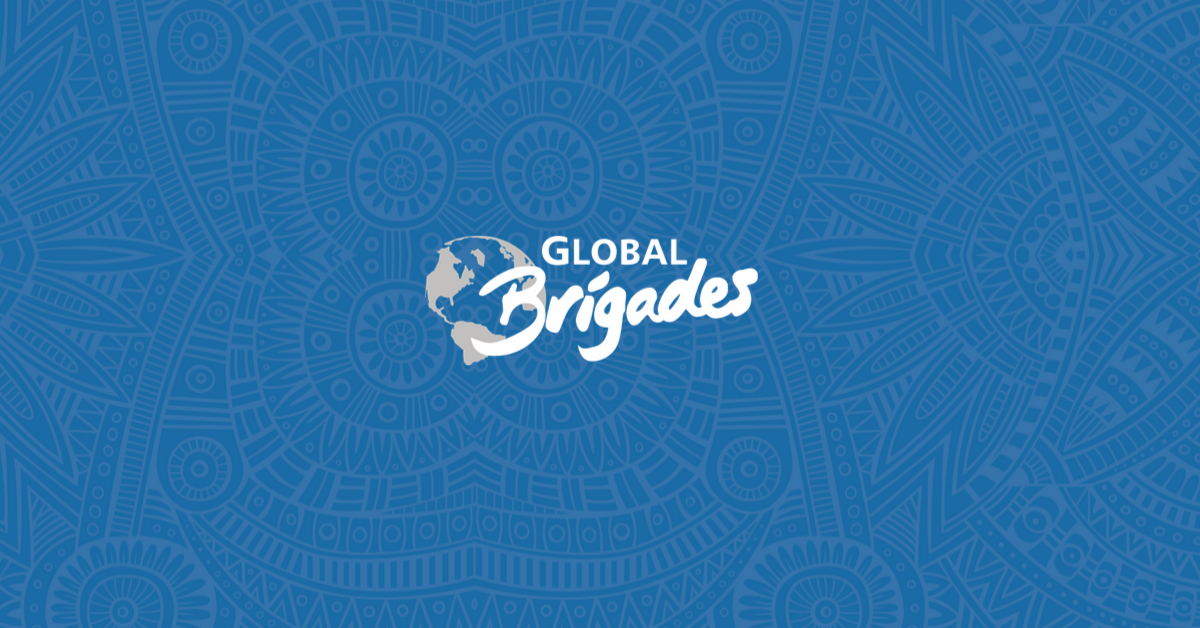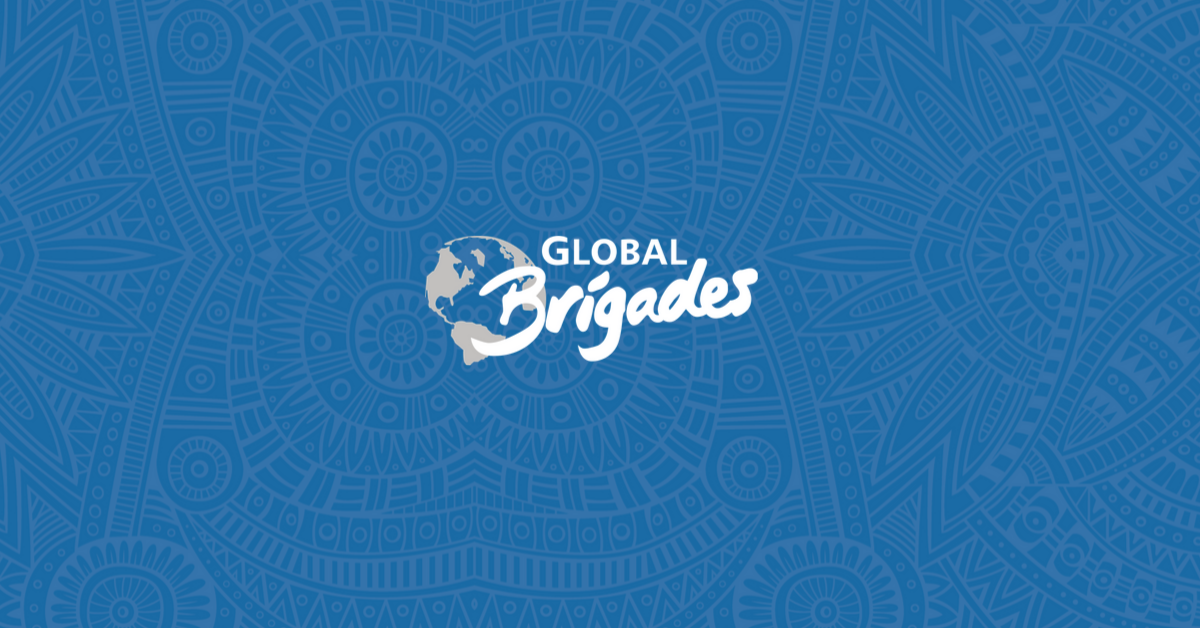The following blog post was written by guest blogger Claire Seigworth. Claire graduated with a B.A. in International Relations and a minor in Spanish Literature from Marquette University. She has traveled to many Latin American countries, studied in Santiago, Chile and worked in Panama for Global Brigades.
Ghana has long been the bright spot in Africa on many fronts. In order to understand the challenges it faces and the progress it has made, it is important to analyze Ghana on two fronts: the economy and human development and health.
Economy
The Ghanaian economy has been successful in Africa, especially in comparison to its neighbors. It relies on agriculture and the services industries, and has more potential for growth due to off-shore oil fields.[1] While economic growth has decreased from 14.4% in 2011 to 7.1% in 2012 and is projected to decrease in 2013, but it is still positive growth.[2]
Growth is not the only important economic indicator. GDP per capita has continued its impressive growth since 2000. As of 2012, GDP per capita was $1,662, compared to $400 GDP per capita in 2000.[3] Lastly, the gini coefficient is an indicator needed to understand how income is distributed in Ghana. With a gini coefficient of 42.8 out of 100, income inequality in Ghana is better compared to the U.S., although the U.S. is a wealthier country in terms of GDP.[4] While Ghana is still a developing economy, they are clearly on the path towards growth and development.
Human Development
Human development in Ghana has made progress, but still lags behind globally. The Human Development Index, a measurement created by the United Nations Development Program, compiles health, education, and income indicators into one score. Ghana is ranked 135th in the world with a score of .558 out of 1.[5]
The Millennium Development Goals also measure human development, setting goals of for improvement to be reached by 2015. Ghana has a score of 5 out of 8 for its progress in achieving these goals. They have halved the amount of people that live on $1.25 per day, the amount of undernourished people, and the amount of people without access to safe drinking water.[6] Ghana has also met its goal of equality of access of schooling for girls.[7] There is still some room for improvement to be made in achieving universal education and reducing child mortality by two thirds, and there needs to be a better effort to decrease maternal mortality by three quarters and its efforts to stopping the spread of HIV/AIDS.[8]
While Ghana has made some improvements in terms of health, there is much more progress to be made. The World Health Organization ranked its health care system 135th in the world.[9] In conclusion, Ghana has made great strides towards becoming a more developed country, especially in Africa, but there is definite room for improvement to be made in all areas.




